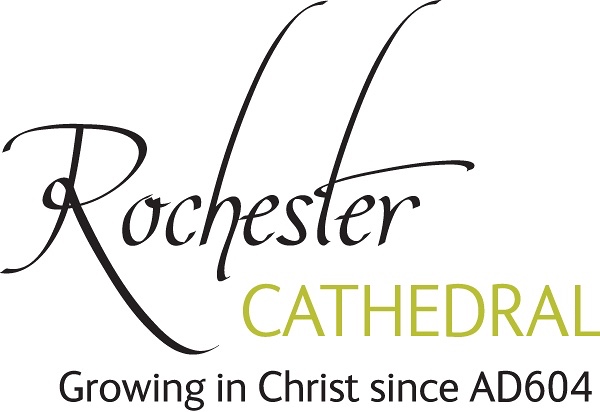Professor John Quenby, of Imperial College London explores the mutual respect between Science and Religion in this fascinating lecture. Drawing on his career as a Professor of Physics, Professor Quenby will examine the two shared assumptions of Science and Religion that the Universe is ordered and that is comprehensible.
Providing a ‘standard model’ for sub-atomic particles and observing the energy content of our Universe has allowed physicists to underpin all science and technology and to probe back to our origins in the ’Big Bang’ or even further. Even if previously many universes exist, the ultimate need for God to guarantee the above basic principles seems an inevitable conclusion. Our evolution through cosmic time to the biological and then the human mode of existence was clearly only possible given the particular properties of the basic, sub-atomic particles.
Biological diversity and an ability of living organisms to be their own designers seems key to evolution, but the idea of a ‘landscape’ predetermining the direction of evolution appears in the writings of scientists of a variety of backgrounds. Human sexuality and climate change provide contemporary topics needing more religion-science dialogue and the perhaps doubtful future of our planet is cause to appreciate the current, golden moment in our lives.
This talk will take place in the Crypt of Rochester Cathedral.
Pre-booking advised. Tickets are available online or from the Rochester Cathedral Shop.
Tickets are priced £6 (18 and under £3) and include entry to see the Museum of the Moon in the evening.
Doors open at 6.30pm
About the Speaker
John Quenby has spent almost all of his career at Imperial College, London, ending up as a Professor of Physics and now where he retains an honorary post. His research spans a wide range of astrophysics, especially the life history of cosmic elementary particles, moving at almost the speed of light and produced in the context of the most violent events in the Universe. Spacecraft observation were key to these investigations. 25 years were spent searching for signatures of the dominant ‘dark matter’ content of space. Concern with the relationship between science and religion culminated in co-editorship of ‘Intelligent Faith’(2009), a collection of essays by scientists and theologians celebrating Darwin, 150 years on from the publication of ‘Origin of Species’. Service to the Diocese of Rochester now includes membership of the Synod while much earlier his church life was centred on university chaplaincy work in West London.




